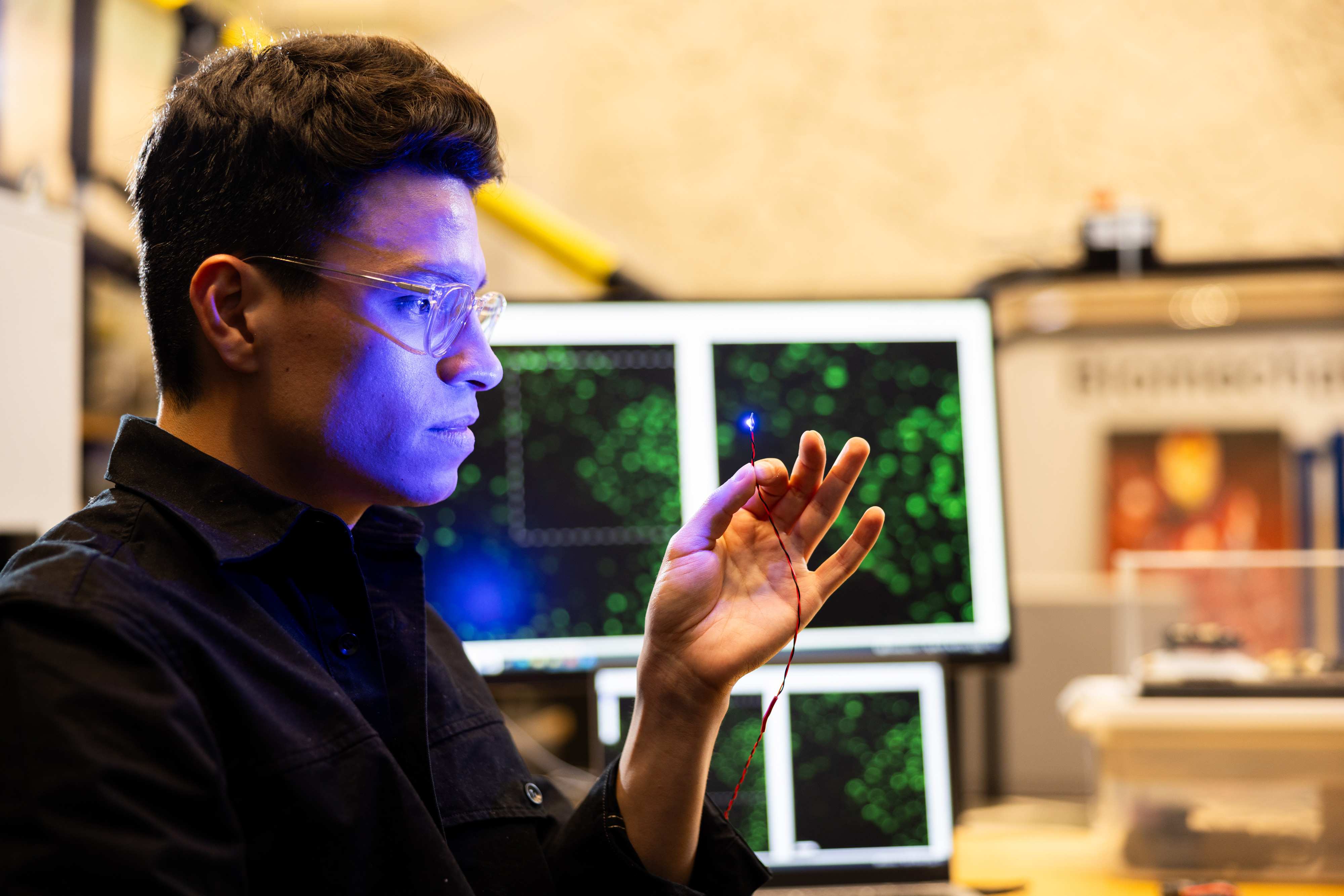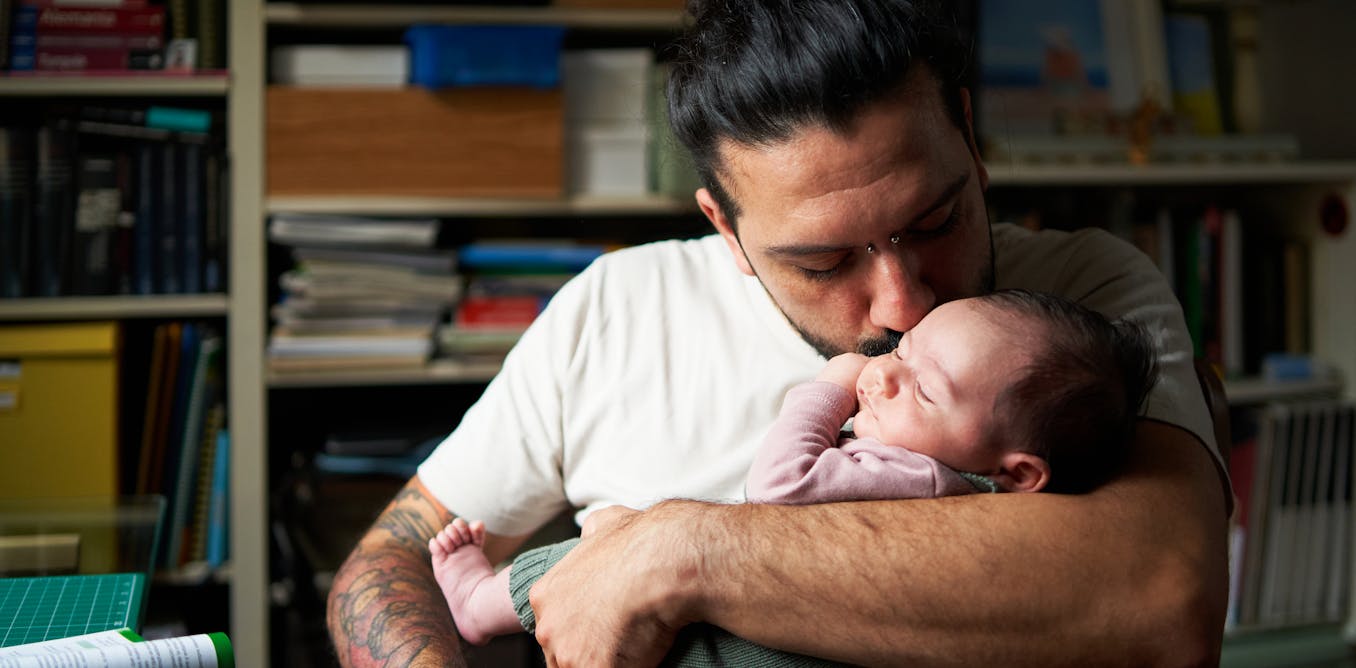Synced brains: why being constantly tuned in to your child’s every need isn’t always ideal
Sometimes when the brains of parent and child are too synced it can be a sign of relationship difficulties.
Pascal Vrticka, Associate Professor / Senior Lecturer in Psychology, University of Essex •
conversation
May 21, 2024 • ~9 min
May 21, 2024 • ~9 min
“I feel like I’m Alice in Wonderland”: nightmares and ‘daymares’ could be early warning signs of autoimmune disease
An increase in nightmares and hallucinations – or ‘daymares’ – could herald the onset of autoimmune diseases such as lupus, say an international team led by
Cambridge University News •
cambridge
May 20, 2024 • ~7 min
May 20, 2024 • ~7 min
“I feel like I’m Alice in Wonderland”: nightmares and ‘daymares’ could be early warning signs of autoimmune disease
An increase in nightmares and hallucinations – or ‘daymares’ – could herald the onset of autoimmune diseases such as lupus, say an international team led by
Cambridge University News •
cambridge
May 20, 2024 • ~7 min
May 20, 2024 • ~7 min
How newborn chicks are helping to settle a centuries-old debate about cognition and our senses
Philosophers have been debating whether we need conditioning to link information from different senses for centuries.
Elisabetta Versace, Senior Lecturer in Psychology, Queen Mary University of London •
conversation
May 17, 2024 • ~7 min
May 17, 2024 • ~7 min
Brain study identifies a cost of caregiving for new fathers
One of the first longitudinal studies of male brain changes across the transition to first-time parenthood finds that becoming a dad affects the brain – without the direct experience of pregnancy.
Darby Saxbe, Professor of Psychology, USC Dornsife College of Letters, Arts and Sciences •
conversation
May 9, 2024 • ~8 min
May 9, 2024 • ~8 min
/
78









